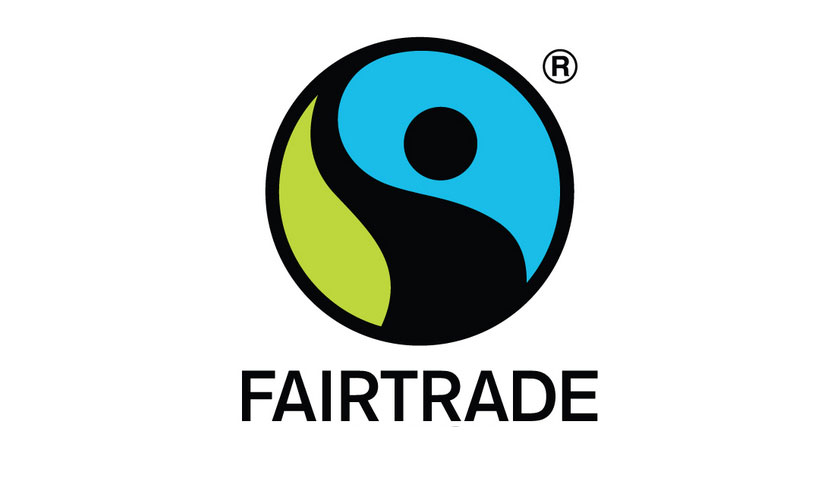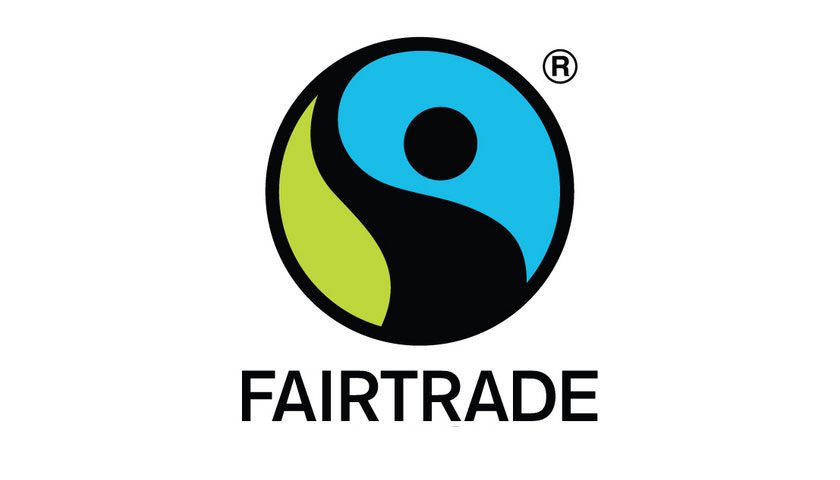Fairtrade International released its 2023 Annual Report today during its General Assembly, showcasing the organisation’s priorities and milestones, including progress on sustainability issues such as tackling deforestation, human rights, and living incomes.
Entitled ”Driving the fairness agenda,” the Annual Report highlights the achievements of the Fairtrade system and its partners in the past year, such as its programmes and initiatives that deepen benefits for more than two million farmers and workers from 68 countries around the globe.
Fairtrade reported on its first strategic priority of shifting the balance of power to farmers and workers, including developing pathways to decent and sustainable livelihoods, building resilience to climate change, reinforcing human and environmental rights, and supporting women and young people as leaders.
For instance, Fairtrade Africa hosted the first producer-led industry summit on living incomes for cocoa farmers in Abidjan, Côte d’Ivoire in 2023. Fairtrade also set its first Living Wage Reference Prices for banana workers, as part of an updated pathway to living wages through which companies can make sure they are contributing their fair share. Plus, the addition of three new coffee Living Income Reference Prices in 2023 helped Fairtrade reach a total of 12 such country-level reference prices in four products and 11 countries.
When it comes to growth and innovation, Fairtrade strengthened its existing relationships, developed markets in new directions, and offered supply chain services that benefit producers and businesses. For example, Fairtrade launched new services to reinforce companies’ due diligence processes when it comes to assessing, mitigating and remediating the human rights and environmental risks in their supply chains.
In terms of market access, one example is the Fairtrade Sustainable Banana project, funded by the French Development Agency and Carrefour. The project supported Peruvian and Dominican producer organisations to increase their market competitiveness and resilience by boosting climate-friendly farming practices (increased from 42 to 80 percent over the course of the project), and improving their yields by 19 percent.
Fairtrade producers are also developing and marketing their own brands locally, as well as raising consumer awareness about the Fairtrade brand. Through the European-Commission-funded SWITCH-Asia grant, more than 235 new sustainable Fairtrade-labelled food, fashion, and cosmetic products were launched in India, and sales of Fairtrade certified cotton products in the country increased by over 270 percent.
On the advocacy and citizen engagement front, Fairtrade addressed a range of interconnected issues, including living incomes as part of corporate due diligence, deforestation, and climate resilience. It campaigned for the European Union Corporate Social Responsibility Due Diligence Directive to include living incomes, living wages, and responsible purchasing practices, which the passage of the directive earlier this year reflects.
When it comes to preventing deforestation, Fairtrade launched a new partnership with the Dutch technology firm Satelligence to scale up satellite monitoring and assist more than 950 Fairtrade certified cocoa and coffee producer organisations so they can prepare for compliance with the EU Deforestation Regulation. Joining this programme with advocacy, Fairtrade continues to call for stronger implementation support for the regulation, including more research into its effects on smallholder cocoa and coffee farmers.
In the area of digitalisation for fairer supply chains, the Annual Report describes a number of data-driven platforms and services. Fairtrade continued its work on platforms such as FairInsight, where producers report and share information with their trade partners. The launch of the Fairtrade banana dashboard in 2023 means that producers and companies have a one-stop-shop to find information about specific origins, Fairtrade sales and Premium amounts, living wage data, research findings, and more.
Fairtrade’s General Assembly is held once a year and is the highest decision-making body for the global system. It brings together all members including producer networks and national Fairtrade organisations for an equal say in the organisation’s governance.
Click here to access the 2023 Fairtrade International Annual Report.

